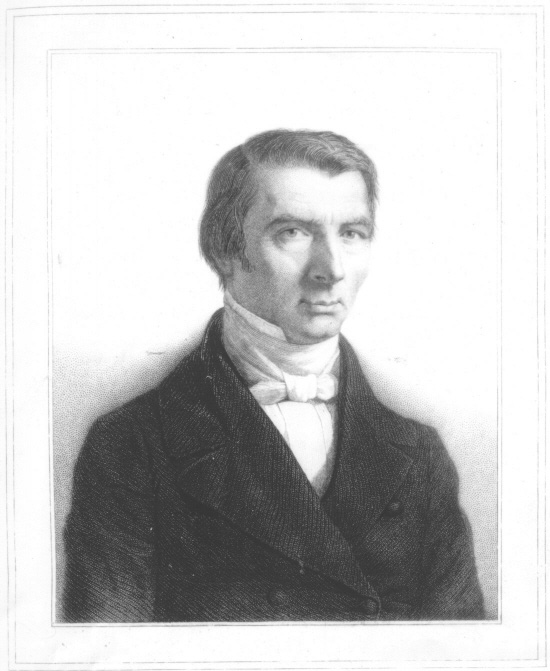Liberty Matters
On Value as a Relation Springing from Choice

Joe dares to "reject [my] characterization of Mises's theory of value as a relation between goods springing from a choice between one good and another." Needless to say, I am outraged and feel compelled to write a rejoinder. But how would this relate to Bastiat? Well, one recurring topic in our discussion has been Bastiat's influence on the Austrians, so my rejoinder may fall under this heading.
Joe contends that "choice between ends does not even practically necessitate choice between goods" and then proceeds to make his point with a Bastiatesque story. I like his story but do not think it disproves my characterization of subjective value as a relation springing from choice.[94] The nub of that story is that the acting person is able to use only one type of means, namely, a single class of consumers' goods (coconuts). From this hypothetical premise, Joe infers that "only a single consumer good exists, and thus the actor need not choose between goods."
However, the inference does not follow from the premise. From the fact that there is only one class of goods, it does not follow that there is only one unit in this class. In Joe's story, the individual owns five coconuts. The subjective value of each of these units depends on the choices of their owner in regard to the ends that he pursues. For example, he chooses to act in such a way as to collect more coconuts (lest we would have to postulate that he is driven by "coconut-collection urges" beyond his control, in which case he would not act in the praxeological sense). This choice and the action that follows from it reduce the value of each of the units of the enlarged stock below the value of each of the units that a smaller stock otherwise (in the absence of additional production) would have had.
Analogous consequences would follow from all other choices. Let us say our individual chooses to eat one coconut. Then this increases the value of each of the remaining units above the value of each of the units of the larger stock that he otherwise (in the absence of consumption) would have owned.
In all cases the effective value of each unit is a counterfactual relation with the value it would have had if another choice had been made. I therefore think that subjective value may be described as a preference relationship between economic goods that springs from human choices. I also think that Mises saw this in 1912 and held on to such a choice-based theory of value, even though he did not see the counterfactual dimension.[95] Finally, as I have argued previously, I think that this theory of subjective value bears important analogies to Bastiat's exchange-based theory of market prices.
In conclusion, I should like to express my agreement with Joe's comments on the model of bilateral monopoly and with Don's statements on infrastructure that "you didn't build." Economic Harmonies, even though unfinished, contains deeply insightful passages on all such questions, which ultimately pertain to private property and exchange. Who owns what? Who pays for what? How do we pay for what we receive? What do we receive gratuitously, and how?
Endnotes
[94.] It is a separate question whether Mises held on to a theory of this sort. I think he did and quoted him to this effect in my first post, but will not argue this point presently.
[95.] On counterfactual economic laws see J.G. Hülsmann, "Fact and Counterfactuals in Economic Law" Journal of Libertarian Studies, vol. 17, no. 1, pp. 57-102.
Copyright and Fair Use Statement
“Liberty Matters” is the copyright of Liberty Fund, Inc. This material is put on line to further the educational goals of Liberty Fund, Inc. These essays and responses may be quoted and otherwise used under “fair use” provisions for educational and academic purposes. To reprint these essays in course booklets requires the prior permission of Liberty Fund, Inc. Please contact oll@libertyfund.org if you have any questions.